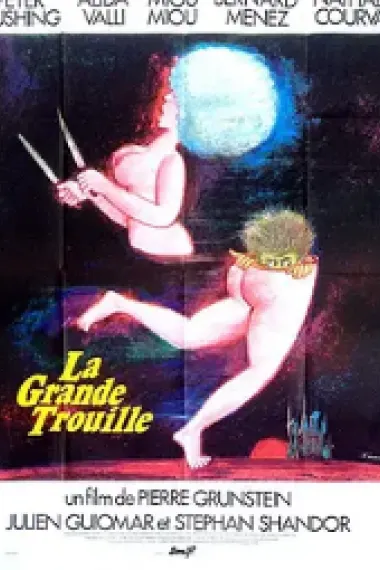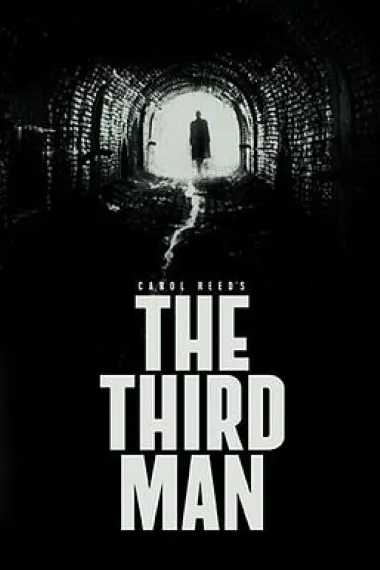阿莉达·瓦利 (1921) Alida Valli
演员 编剧
Enigmatic, dark-haired foreign import Alida Valli was dubbed "The Next
Garbo" but didn't live up to postwar expectations despite her cool,
patrician beauty, remote allure and significant talent. Born in Pola,
Italy (now Croatia), on May 3, 1921, the daughter of a Tridentine
journalist and professor and an Istrian homemaker, she studied
dramatics as a teen at the Motion Picture Academy of Rome and Centro
Sperimentale di Cinematografia before snaring bit roles in such films
as
Il cappello a tre punte (1935)
["The Three-Cornered Hat"] and
I due sergenti (1936) ["The Two
Sergeants"]. She made a name for herself in Italy during WWII playing
the title role in
Manon Lescaut (1940), won a Venice
Film Festival award for
Piccolo mondo antico (1941)
["Little Old World"] and was a critical sensation in
Noi vivi (1942) ["We the Living"]. She
briefly abandoned her career, however, in 1943, refusing to appear in
what she considered fascist propaganda, and was forced into hiding. The
next year she married surrealist painter/pianist/composer
Oscar De Mejo. They had two children, and
one of them, Carlo De Mejo, became an
actor. She divorced in 1955, then she came back to Italy,
Following her potent, award-winning work in the title role of Eugenia Grandet (1946), she was discovered and contracted by David O. Selznick to play the murder suspect Maddalena Paradine in Alfred Hitchcock's The Paradine Case (1947). She was billed during her Hollywood years simply as "Valli," and Selznick also gave her top femme female billing in Carol Reed's classic film noir The Third Man (1949), but for every successful film--such as the ones previously mentioned--she experienced such failures as The Miracle of the Bells (1948), and audiences stayed away. In 1951 she bid farewell to Hollywood and returned to her beloved Italy. In Europe again, she was sought after by the best directors. Her countess in Luchino Visconti's Senso (1954) was widely heralded, and she moved easily from ingénue to vivid character roles. Later standout films encompassed costume dramas as well as shockers and had her playing everything from baronesses to grandmothers in such films as Les yeux sans visage (1960) ["Eyes Without a Face"], Le gigolo (1960), Edipo Re (1967) ["Oedipus Rex"], Tendre Dracula (1974), Novecento (1976), Suspiria (1977), La luna (1979), Inferno (1980), Aspern (1982), A Month by the Lake (1995) and, her most recent, Semana Santa (2001).
Following her potent, award-winning work in the title role of Eugenia Grandet (1946), she was discovered and contracted by David O. Selznick to play the murder suspect Maddalena Paradine in Alfred Hitchcock's The Paradine Case (1947). She was billed during her Hollywood years simply as "Valli," and Selznick also gave her top femme female billing in Carol Reed's classic film noir The Third Man (1949), but for every successful film--such as the ones previously mentioned--she experienced such failures as The Miracle of the Bells (1948), and audiences stayed away. In 1951 she bid farewell to Hollywood and returned to her beloved Italy. In Europe again, she was sought after by the best directors. Her countess in Luchino Visconti's Senso (1954) was widely heralded, and she moved easily from ingénue to vivid character roles. Later standout films encompassed costume dramas as well as shockers and had her playing everything from baronesses to grandmothers in such films as Les yeux sans visage (1960) ["Eyes Without a Face"], Le gigolo (1960), Edipo Re (1967) ["Oedipus Rex"], Tendre Dracula (1974), Novecento (1976), Suspiria (1977), La luna (1979), Inferno (1980), Aspern (1982), A Month by the Lake (1995) and, her most recent, Semana Santa (2001).














